painting
-
-
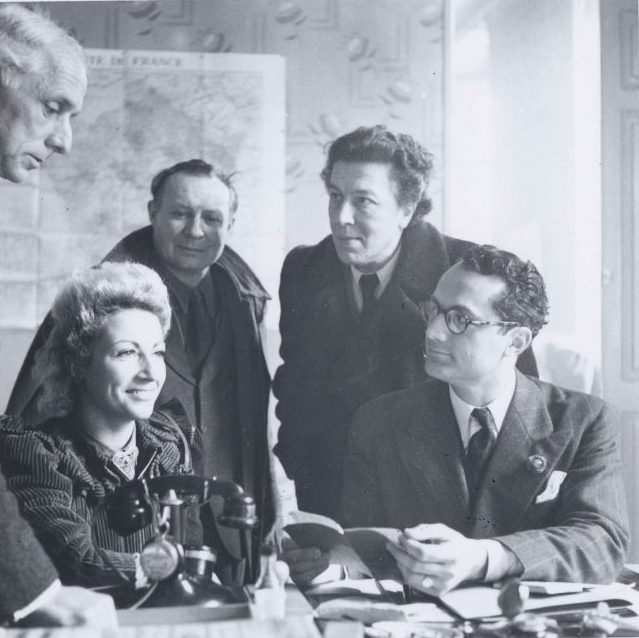
Between America and France:
ONLINE VA, United States
Varian Fry and the Rescue of Artists
Talk by Ori Z Soltes, PhDWith a belated reminder of the proximity of the American and French Independent Day celebrations, this talk focuses on the artists’ Schindler, the American journalist, Varian Fry (1907-1967). Using methods both legal and not, Fry managed to rescue some 2,000 individuals from France between 1940 and 1941. France had become largely swallowed up by Nazi Germany, the “free” parts in Southern France (Vichy France) were not necessarily unreluctant to assist with the deportation of Jews into Nazi-held territories, and the US immigration policies were far from open-handed to those seeking refuge. Who was he and who were some of those he helped—or in some cases, could not help—to escape destruction? Lecture by Ori Z. Soltes, introduced and moderated by [...]
Free -
-
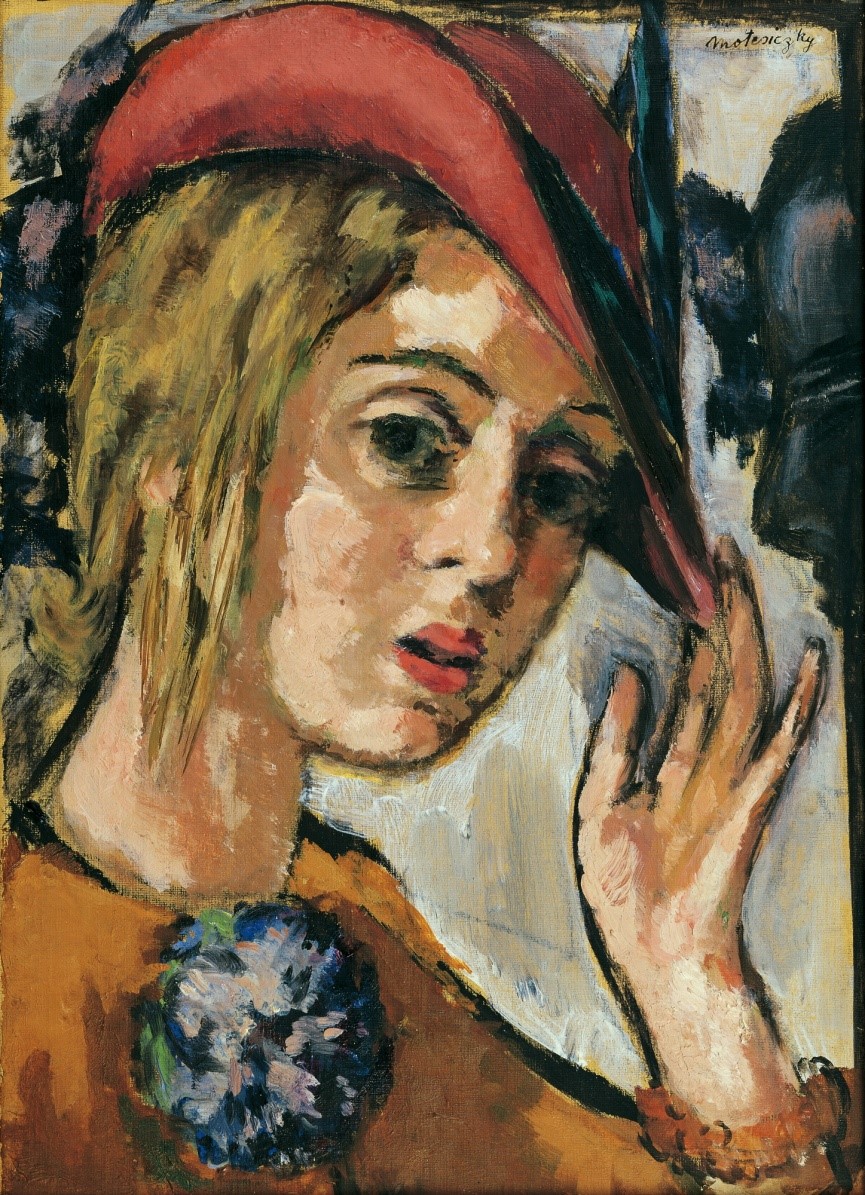
A Painter in Search of an Audience:
ONLINE VA, United States
Marie-Louise von Motesiczky in Exile
Talk by Ines Schlenker, LondonMarie-Louise von Motesiczky was born into a wealthy, aristocratic Jewish family in Vienna in 1906. She trained under the German painter Max Beckmann, a family friend, and embarked on a promising career. When the National Socialists marched into Austria in 1938 Motesiczky fled the country for the Netherlands, eventually settling in England. Her attempts to build a new life in a foreign country were supported by a network of fellow émigrés, among them the painter Oskar Kokoschka and the writer Elias Canetti, with whom she had a long relationship. Lecture by Ines Schlenker, introduced and moderated by Rachel Stern. Image above: Self-Portrait with Red Hat, 1938 (Private Collection) ©️Marie-Louise von Motesiczky Charitable Trust 2023 [...]
Free -
-
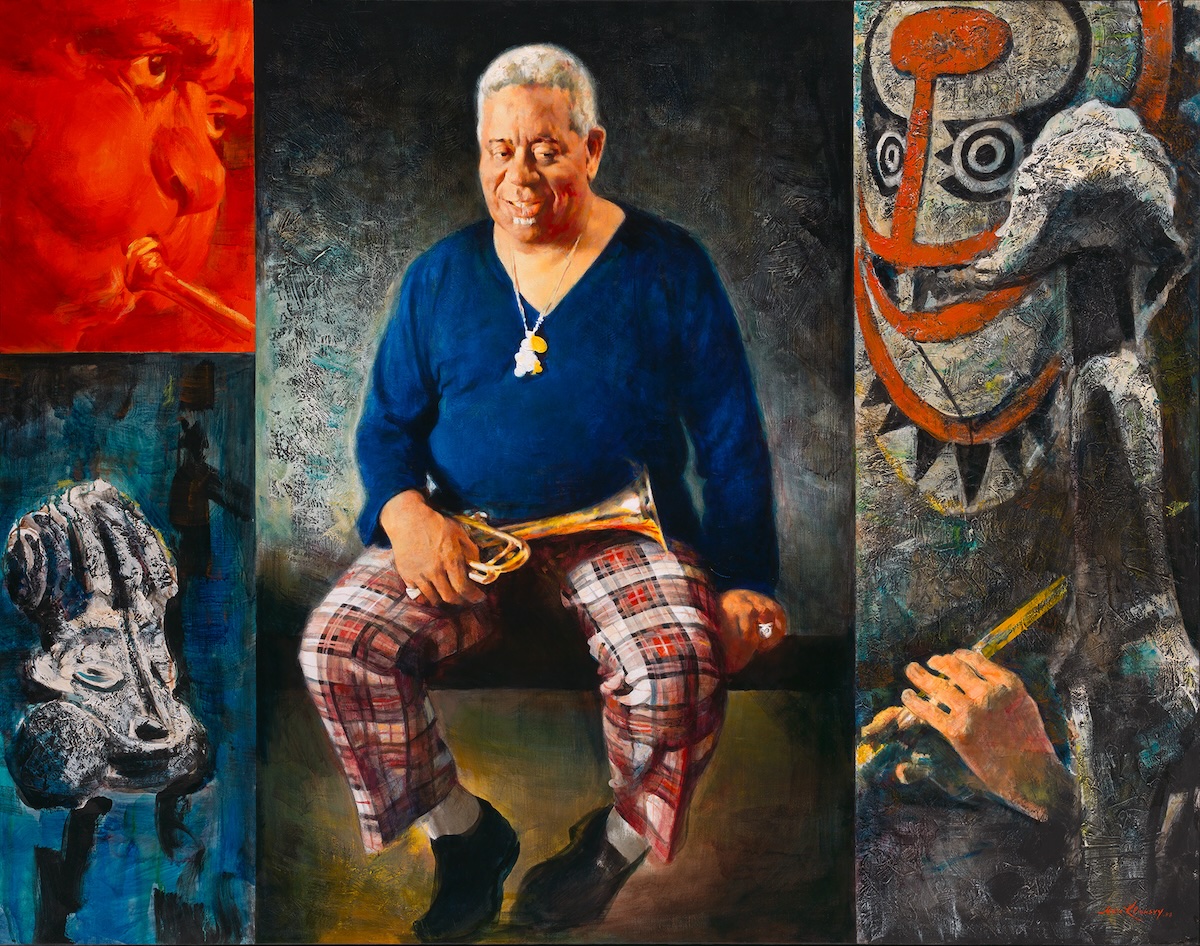
The Art of Marc Klionsky:
ONLINE VA, United States
Shaping a Three-World Condition from Minsk to New York
Lecture by Ori Z Soltes and conversation with daughter Nadia KlionskyIn this program Georgetown University professor and author, Ori Z Soltes, explores Marc Klionsky's life and work, in part through conversation with his daughter, the scholar and artist, Nadia Klionsky. Image above: Marc Klionsky, Dizzie Gillespie: The Man and his Trumpet, 1988. Oil on canvas, 52 x 66 inches. National Portrait Gallery, Washington, DC. This exciting program features the paintings of Marc Klionsky (1927–2017). Born in the Soviet Union, Klionsky managed to navigate what has been called a “two-world condition”—creating the particularized Soviet Socialist Realist work that was acceptable to the Stalinist and post-Stalinist State while allowing his soul to reveal itself in work that only a very few trusted viewers might see. As [...]
Free -
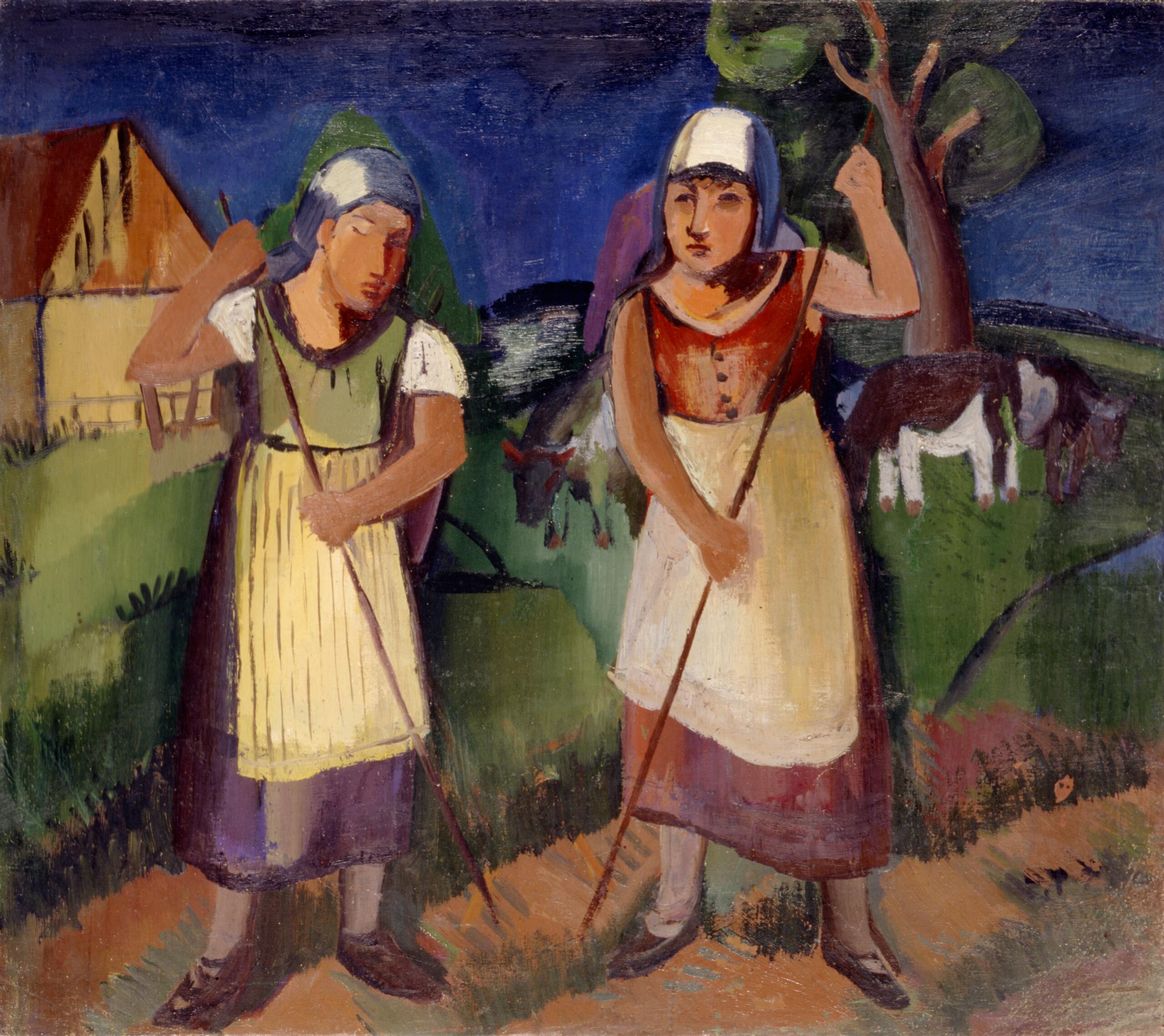
„I’m always on the go…” –
ONLINE VA, United States
The painter Franz Domscheit / Pranas Domšaitis (1880-1965)
Lecture by Jan Rüttinger, Lüneburg (Germany)Searching, wandering, not arriving - this is how the person and art of Franz Domscheit/Pranas Domšaitis can be characterized. Born into a German-Lithuanian family as the son of a farmer and innkeeper, it was primarily his Lithuanian origins that interested him. The early landscape and cultural impressions of his homeland, Prussian-Lithuania, at the interface of German and Lithuanian culture, shaped his work throughout his life. Landscape is one of the painter's main themes, who is primarily perceived as an expressionist. Image above: Franz Domscheit, Two Peasant Women, 1930s. Oil on canvas. Copyright National Lithuanian Art Museum. Trained at the Königsberg Art Academy by Ludwig Dettmann, among others, Domscheit then moved out into the world. Berlin, [...]
Free -
-
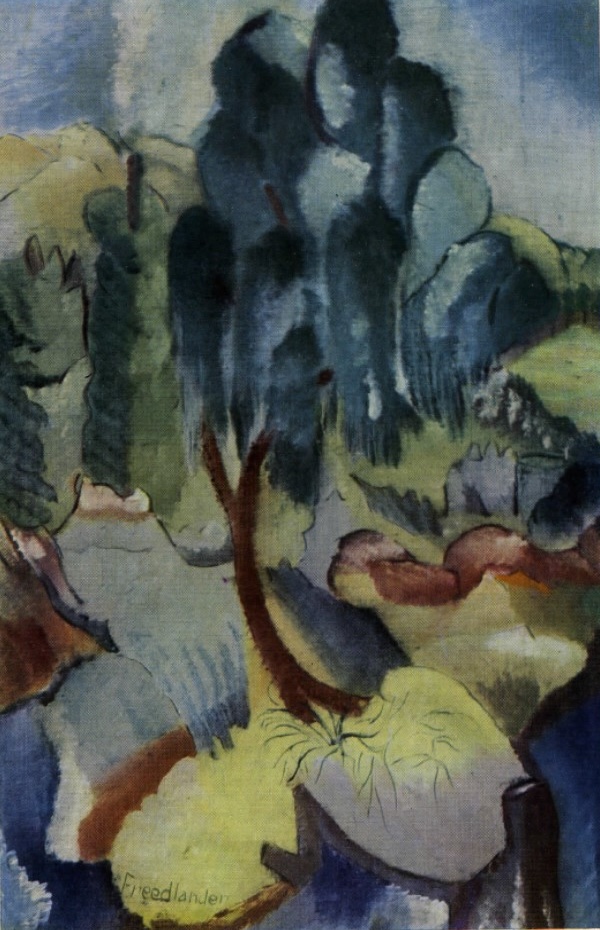
“Let’s Talk of Interesting People”:
ONLINE VA, United States
The Story of Erna Friedländer (1890-1979)
With Noit Banai, PhD, Hong Kong, and Ketul Arnold, Boulder (Colorado)This presentation by Noit Banai, PhD, Hong Kong, and Ketul Arnold, Boulder (Colorado), traces Erna Friedländer‘s unique journey as a German refugee who survived Nazi persecution and World War II in Hong Kong, and subsequently migrated to England, Israel, and the USA. Image above: Erna Friedländer, Chinese Landscape. Undated. Monotype. Courtesy The Studio: An Illustrated Magazine of Fine and Applied Art, London As a German refugee who survived World War II in Hong Kong, and subsequently migrated to England, Israel, and the USA, Erna Friedländer’s journey is unique among the many histories of Jewish dispossession. Though few traces remain of Friedländer artistic oeuvre, she was a thoroughly modernist artist. Painter, printmaker, and teacher at the [...]
Free -
-

Painted Memories of a Jewish Childhood in Poland Before the Holocaust
ONLINE VA, United States
Presentation by Barbara Kirshenblatt-GimblettLest future generations know more about how Jews died than how they lived, Mayer Kirshenblatt (1916-2009) made it his mission to remember the world of his childhood in images and words. Born in Opatów (Apt in Yiddish), Mayer left for Canada in 1934 at the age of 17. Image above: Mayer Kirshenblatt, Synagogue interior, 1991. Acrylic on canvas. Gift of the Kirshenblatt Family. Taube Family Mayer July Art Collection at POLIN Museum of the History of Polish Jews, Warsaw. He had always told his family stories about growing up in Poland before the Holocaust. After his family begged him to paint what he could remember, Mayer finally picked up his brush in 1989 at the [...]
Free -
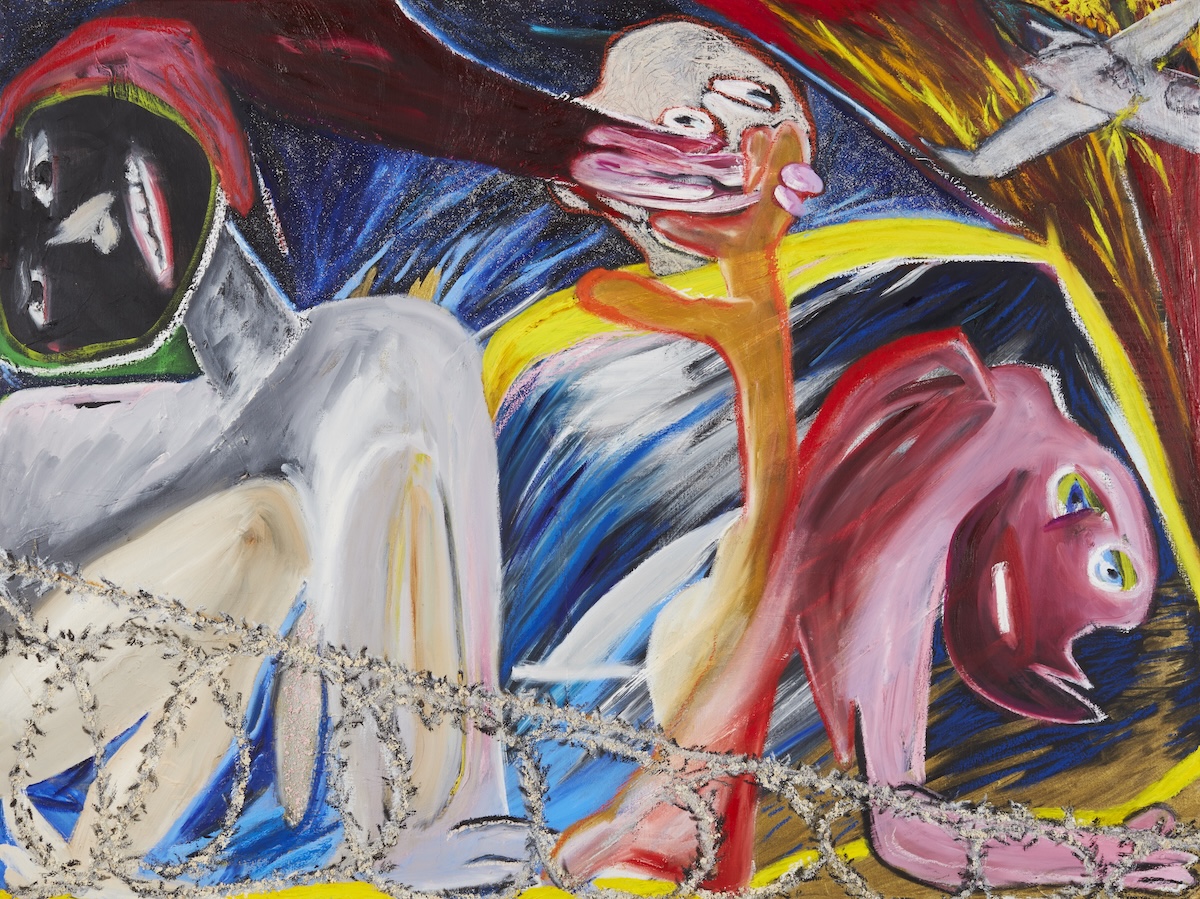
Misunderstandings and Contradictions:
ONLINE VA, United States
The Art and Life of Jacqueline de Jong (1939-2024)
Presentation by Curator Ariella Wolens, Fort Lauderdale (FL)In this virtual talk, curator Ariella Wolens presents the late Dutch artist, Situationist, and Pataphysician Jacqueline de Jong (1939-2024). Born into a Jewish family in Enschede, Netherlands, De Jong’s infancy was spent in exile in Switzerland; she and her mother narrowly escaped deportation to Sobibor after being taken in by the resistance. For the rest of her life, she remained universally empathic, and chose art as her own form of resistance. Image above: Jacqueline de Jong, Naufrage en Mediterranée (Border Line), 2020. Oil and nepheline gel on canvas, 35 3/8 x 47 1/4 in / 90 x 120 cm. BPS22, Musée d'art de la Province de Hainaut, Belgium. Courtesy the artist’s estate and Ortuzar Projects, New York. © 2024 [...]
Free -
-
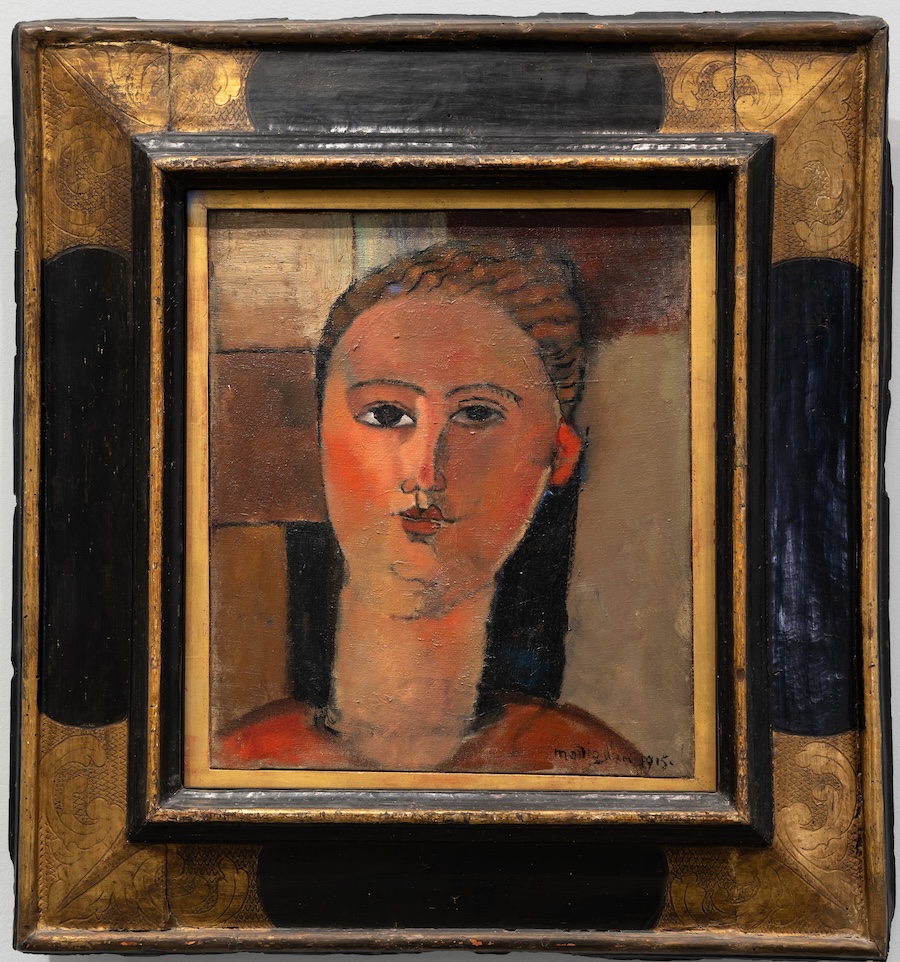
Making Way for Berthe Weill—
ONLINE VA, United States
Art Dealer of the Parisian Avant-Garde
A presentation by Lynn Gumpert, New YorkBerthe Weill was a trailblazing art dealer who exhibited works by emerging artists in her Parisian gallery from 1901 to 1941. Even though many of them went on to become key avant-garde figures, Weill’s role has been omitted from most historical accounts of 20th-century modernism. In this presentation, Lynn Gumpert, a co-curator of the first exhibition on Weill, provides an overview of this remarkable woman. Image above: Amedeo Modigliani, Fille rousse (Girl with red hair), c. 1915. Oil on canvas, 16 x 14 3/8 in. (40.5 x 36.5 cm). Musée de l’Orangerie, Paris. Jean Walter and Paul Guillame Collection, 1960.46 © Photo: Musée de l’Orangerie / Sophie Crépy Passionate and outspoken, Weill was the [...]
Free -

SURVIVAL AND INTIMATIONS OF IMMORTALITY:
Oregon Jewish Museum and Center for Holocaust Education 724 NW Davis St, Portland, OR, United States
The Arts of Alice Lok Cahana, Rabbi Ronnie Cahana and Kitra Cahana
Oregon Jewish Museum and Center for Holocaust Education, Portland, OregonSurvival and Intimations of Immortality: The Art of Alice Lok Cahana, Rabbi Ronnie Cahana, and Kitra Cahana is a unique and powerful exhibition that explores the role of art and creativity, bringing the past into the present by focusing on three generations of artists from the same family. Alice Lok Cahana (1929-2017) was a Holocaust survivor who pledged she would become an artist if she survived the war. Rabbi Ronnie Cahana, Alice’s oldest son, is a poet and survivor of a major stroke. Kitra Cahana, Ronnie’s daughter, is a filmmaker and photographer. This exhibition reveals how the tragedy of the Holocaust impacted multiple generations of a family and how each member transformed the destructive trauma of the Shoah into [...]
$10.00 -

Opening reception
Oregon Jewish Museum and Center for Holocaust Education 724 NW Davis St, Portland, OR, United States
SURVIVAL AND INTIMATIONS OF IMMORTALITY:
The Arts of Alice Lok Cahana, Rabbi Ronnie Cahana and Kitra Cahana
Oregon Jewish Museum and Center for Holocaust Education, Portland, OregonPlease join us for the opening event! Survival and Intimations of Immortality: The Art of Alice Lok Cahana, Rabbi Ronnie Cahana, and Kitra Cahana is a unique and powerful exhibition that explores the role of art and creativity, bringing the past into the present by focusing on three generations of artists from the same family. Alice Lok Cahana (1929-2017) was a Holocaust survivor who pledged she would become an artist if she survived the war. Rabbi Ronnie Cahana, Alice’s oldest son, is a poet and survivor of a major stroke. Kitra Cahana, Ronnie’s daughter, is a filmmaker and photographer. This exhibition reveals how the tragedy of the Holocaust impacted multiple generations of a family and how each member transformed [...]


